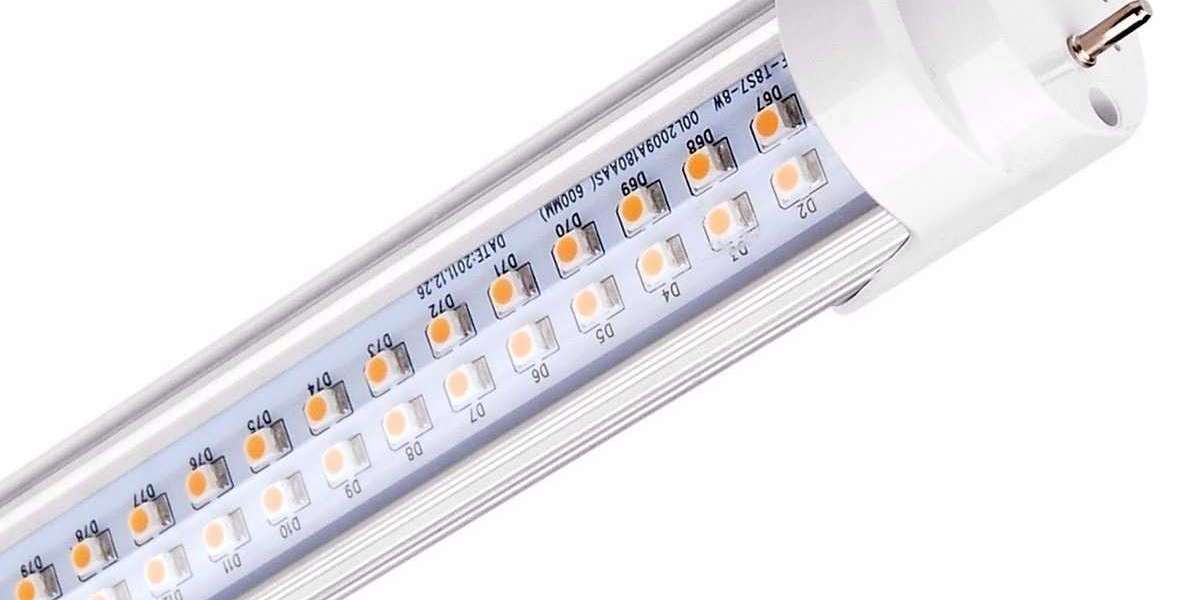Nuestro personal enormemente cualificado trabaja con equipos de nueva generación para prestar la máxima calidad a compañías del sector alimenticio y a compañías farmacéuticas con división veterinaria.
Estos valores nos ayudan a detectar posibles inconvenientes en órganos como el hígado, los riñones y el páncreas. Ciertas enfermedades que pueden ser detectadas mediante el hemograma tienen dentro la anemia, las infecciones bacterianas o virales, los trastornos de coagulación y las anomalías de la salud autoinmunes. Además de esto, esta prueba asimismo puede contribuir a identificar la existencia de parásitos en la sangre, como las garrapatas o los gusanos del corazón. A lo largo del trayecto, verifica parámetros como la temperatura y el tono de las encías (si es muy pálido, más o menos colorado...). Estas visualizaciones pueden asistir al veterinario durante la consulta, además de la historia del trauma que pudo haber causado la hemorragia. La hemorragia es la pérdida de sangre mediante un corte o herida traumática, aunque también puede ocurrir por causas naturales, como sangrado de nariz u oído.
Los perros más jóvenes están mucho más predispuestos a sufrir accidentes traumáticos, al tiempo que las neoplasias se dan con una mayor frecuencia en animales de mayor edad. Estudios en el área veterinaria señalan que el éxito del tratamiento clínico en estas situaciones es muy pequeño, siendo las intervenciones quirúrgicas el tratamiento más efectivo para contener la hemorragia. Lo primero sería efectuar un hemograma completo para detectar alteraciones en glóbulos rojos, blancos y la función plaquetaria (coagulación). Basándonos en los conceptos precedentes, el paso inicial radica en saber si un paciente muestra una contestación inflamatoria sistémica. La existencia de 2 o más de estos criterios en un perro basta para confirmar SRIS 3. El valor diagnóstico de estos criterios reside en su sencillez al no ser necesarias pruebas más complejas y aceptar identificar velozmente al paciente.
Los valores normales pueden variar según la clase, raza, edad y condición física de la mascota. Un resultado fuera de lo común no indica necesariamente una patología, pero sí la necesidad de investigar mucho más a fondo. En el artículo, vamos a explicar qué es un hemograma, por qué razón es esencial para la salud de los perros y cuáles son los valores normales de los diferentes componentes en un hemograma canino. Es esencial indicar que los desenlaces de los análisis de sangre tienen que interpretarse en su grupo y sabiendo el historial clínico del animal.
If you or somebody you know get pleasure from searching, you would possibly encounter a few of these extra uncommon kinds of meat too. Here are a quantity of forms of wild sport and whether they are safe to give your pet. Just be careful with how a lot they eat and the way you put together it. Since Turkey is poultry, it’s finest not to give it to your dog uncooked. It might contain dangerous micro organism that might upset your dog’s stomach. Since it has onions in it, you should not give Leberkäse to your dog as meals or a deal with.
Los resultados se comunican en un período detallado en el catálogo desde la llegada de las muestras al laboratorio (variable según el tipo de muestra) a través de la página web, correo y/o teléfono.
One of my favorite tips to share with nervous pet dad and mom is to ask your veterinarian for a printout of the blood work earlier than he or she begins discussing the outcomes. (This is particularly useful in case your dog had a number of checks carried out or has a quantity of abnormal values). Then, take notes next to the irregular values on your copy of the blood work as your veterinarian explains it. Myasthenia gravis in dogs is an autoimmune illness that causes muscle weak point and poor communication between muscular tissues and nerves. If your veterinarian suspects that your dog has this illness, she or he would possibly advocate a blood check called an AChR check.
What to Expect if Your Dog Needs a Blood Transfusion
Because the spleen stores and produces red blood cells, even benign tumors may be susceptible to rupture and bleeding, causing acute illness. If you think your dog could have diabetes, an at-home urine testing strip can inform you whether or not he has high ranges of glucose or the presence of ketones in his urine. These at-home tests aren’t all the time 100% accurate, and your vet can run a more intensive urinalysis as nicely as measure blood glucose levels. At Paws and Claws Veterinary Hospital our vets suggest blood tests are performed and lab work done as a proactive measure throughout an annual routine examination, even when your dog seems completely wholesome. This is as a result of the sooner we catch health points, the more effectively we can treat your dog.
Common blood tests and how long it takes to get results
The spleen is not a vital organ, and subsequently vets take away the complete spleen, not just the tumor. Hemangioma and hemangiosarcoma are two of the most common major tumors present in spleens. The prognosis for any particular spleen tumor depends on the type of tumor. Benign tumors, which may nonetheless require treatment and removal, carry a greater prognosis, or consequence, general than malignant tumors, particularly if handled early. Unfortunately, many dogs with lymphoma could have a relapse sooner or later.
Need to speak with a veterinarian regarding your dog’s blood transfusion or another condition?
Other testing, such as blood gases, heartworm antigen, pancreatic lipase, tick borne illness, and different hormone assays, are typically available within the clinic as well. The veterinarian may even suggest blood work for canine before a surgical procedure or process. These blood exams assist make certain the dog has sufficient pink blood cells to hold oxygen, white blood cells to struggle infection, and platelets for clotting. Plus, blood exams can check the liver and kidneys to make sure that they are wholesome sufficient to break down and excrete the anesthetic medication or different medicines. What testing is suitable on your canine is dependent upon many components, such as their age, breed, well being status, historical past, and scientific indicators (symptoms).
However, if you need medical advice, mais informação diagnosis, or treatment, please contact your local veterinarian. Cancel reply








